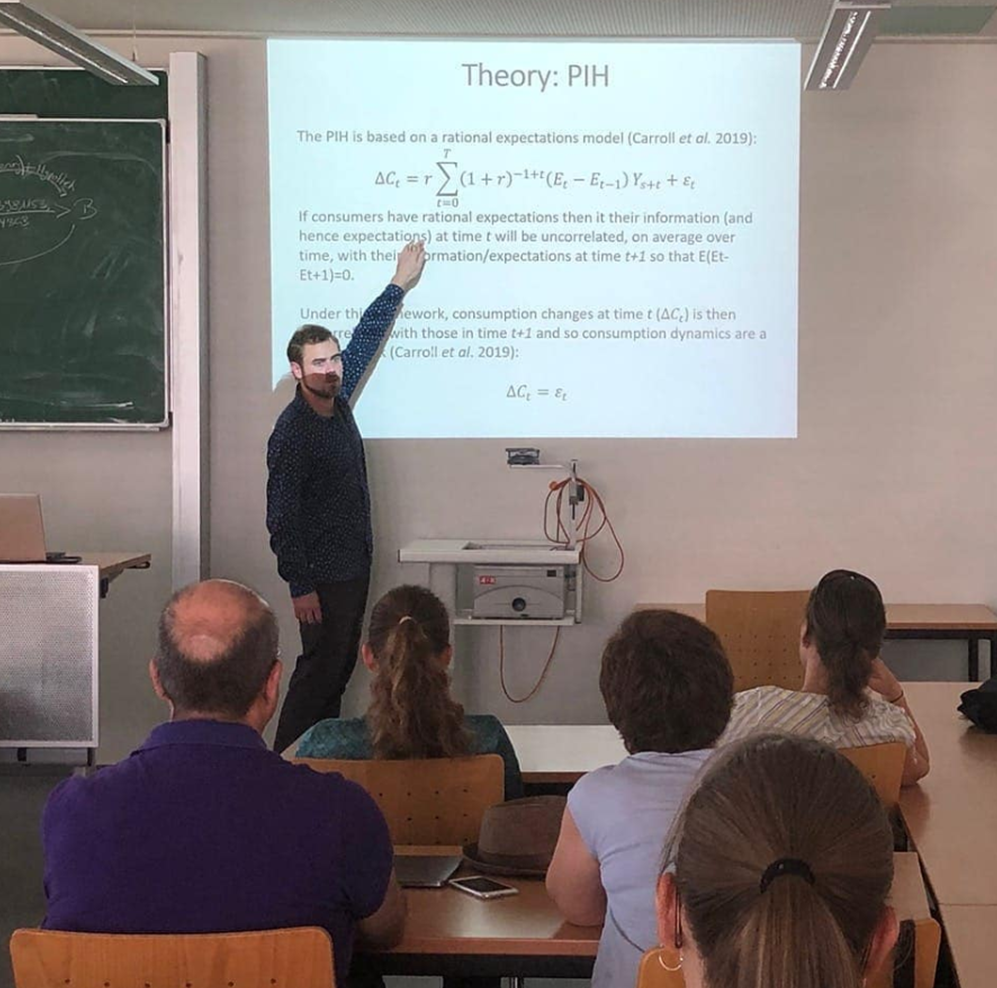Econometric analysis
Productivity and efficiency analysis, non-market valuation, impact evaluation.
The Heuris team have substantial experience in econometric analysis across a range of domains. With expertise in teaching and applying econometric analysis methods, as well as designing data collection programs to support non-market valuation, productivity analysis, impact evaluation, and more, Heuris provides research-level data analysis that is robust to critical review.

Understanding differences amongst people is a core focus of our approaches. We have substantial experience in the application of approaches to describe differences between groups of people and to understand how those groups differ in response to economic and psychological stimuli. We have pioneered approaches to integrating this heterogeneity in the analysis of poverty dynamics and productivity analysis and continue to work toward statistical approaches that are not only robust to heterogeneity but which seek to understand the source and impact of these differences between groups of people. Impact evaluation is rapidly becoming an important component of program and policy design. At Heuris, we are experienced in the application of standard impact evaluation analytical methods. These methods are often limited either in applicability (they are often infeasible for many program applications) or in their statistical power (they cannot identify substantial effects). As a result, we have developed methods that integrate data collection design principles that allow for drastic improvements in both statistical power and reliability of impact evaluation programs.
Heuris are leaders in undertaking productivity measurement and benchmarking. We can provide a range of productivity analysis services, including technical advice on improving your benchmarking or productivity analysis services, or building data collection and analysis tools for rapid benchmarking and analysis. Our approach is to use robust economic concepts that recognise the practicalities of data availability, respondent burden, and providing results that are meaningful and interpretable for end users. We are capable of applying analysis across complex relationships and industries including identifying non-financial outputs as core factors associated with performance of organisations.
Accounting for survey and cognitive biases is a unique difference in our approach to data analysis. Analysis of individual people and their decisions (or intentions) is associated with substantial amounts of biases associated with the hypothetical nature of survey behavioural questions, the desire to present a ‘good’ image to analysts/survey enumerators, and unconscious biases associated with self-deception. Heuris has worked on these biases in a range of cases and has an array of tools specially developed to counter survey biases, including in the assessment of potential markets (consumer willingness to pay), the behaviour of constituents, the value of non-market goods (e.g. environmental assets), and more.
Other areas of expertise include non-market valuation (choice experiments, contingent valuation), analysis of poverty dynamics, descriptive analysis, and more. We are able to supply all statistical code as well as training in its use in the R statistical language.